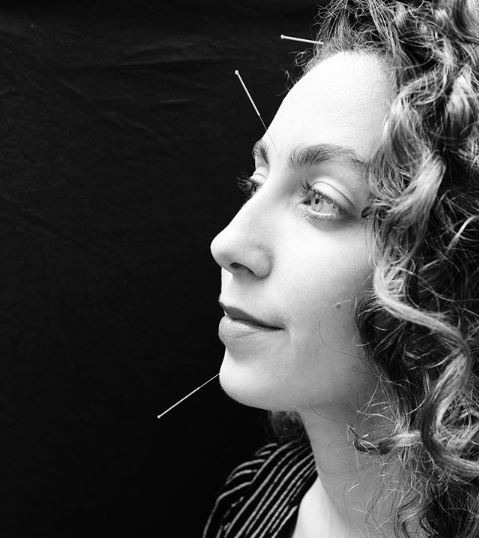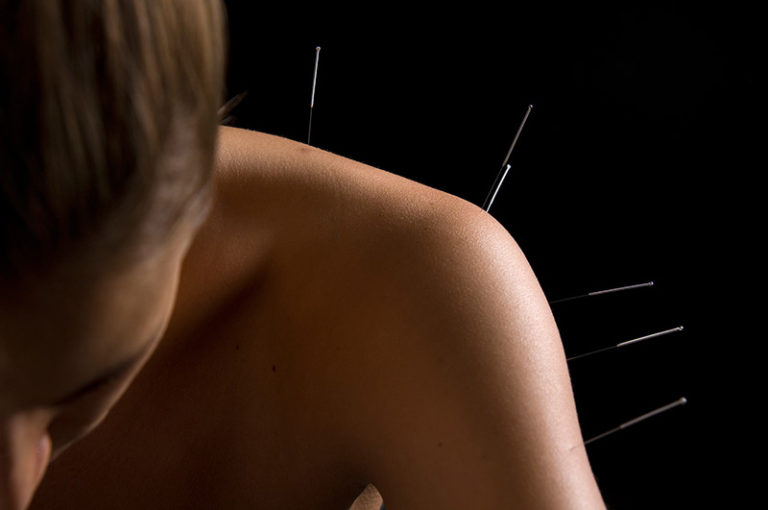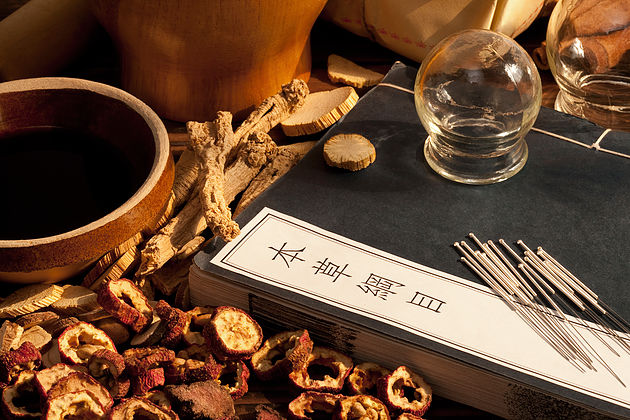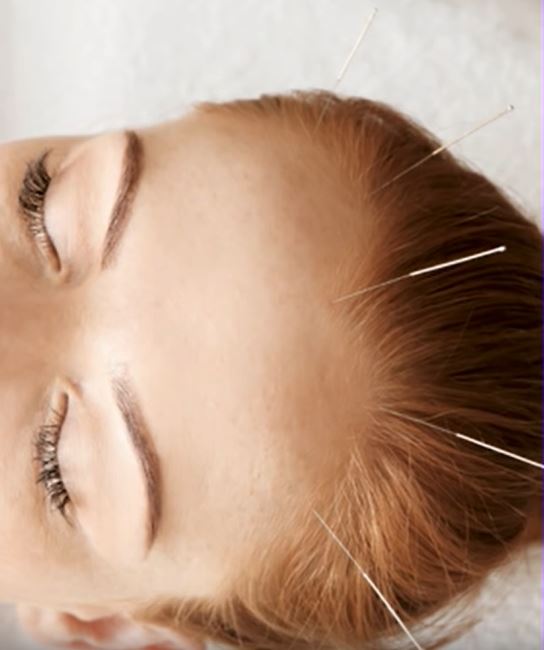
Most working people get stressed at some point due to their daily jobs. Acupuncture is beneficial for managing this kind of stress by boosting energy levels and improving neurological health. This natural treatment can also combat cigarette cravings. Additional health benefits of Acupuncture are listed below.
- Reduces stress
- Acupuncture improves overall feelings of happiness by lower stress hormones and elevate mood to reduce anxiety.
- Reduces back pain, neck tension and joint pain
- Pain can occur in the different parts of the body because of daily use of computer keyboards, heavy backpacks, mobile phones and improper posture. Acupuncture provides drug-free pain relief, reducing swelling and inflammation in the affected area.
- Minimizes headaches
- Recent studies have shown that acupuncture can reduce migraines. Acupuncture has been used to treat headaches and is a safe choice for a less invasive and drug-free option.
- Improves eye strain
- It is believed to heal eye strain, which is often connected to neck tension. Acupuncture is also known to treat many eye ailments like myopia (short-sightedness), hypermetropia (long-sightedness), cataract, glaucoma, presbyopia, astigmatism, amblyopia (lazy eye), diplopia, night blindness, etc.
- Improves immune system
- Acupuncture can fight with pathogens by boosting the body’s immune system. It can also reduce the duration of a cold while reducing the symptoms that don’t allow us to do our work.
- Good for neurological health
- Patients having acupuncture reported having mental clarity and increased energy level. It improves sleep; hence, acupuncture is also recommended to treat sleep disorders.
- Helpful for digestion
- Overall health is always depending on a healthy digestive system. And acupuncture can effectively regulate the digestive system to combat any gastrointestinal problems.
- Helps alleviate allergies
- Acupuncture prevents us from getting any kind of allergy. It also strengthens our body before the allergy season starts. It can also lower the allergy symptoms. It is beneficial for treating conjunction with antihistamines.
When going to an acupuncturist for treatment, keep this in mind
Acupuncturists are medical providers and often practice a complete system of integrated medicine to nourish health in New Jersey. Acupuncture is rooted in traditional wisdom of how humans interact with the rest of nature and our body’s place in the larger ecosystem. Traditional Chinese Medicine focuses on nourishing health over fighting disease or just controlling symptoms of illness. Even though acupuncture is a traditional treatment method, modern acupuncturists are trained and well versed in modern science and biomedicine. The Accreditation Commission for Acupuncture and Oriental Medicine (ACAOM) requires that all accredited programs in acupuncture provide at least 400 hours in biomedicine. Many acupuncturists have undergraduate backgrounds in biology and other sciences. It is because of this understanding of both holistic health and modern science that acupuncturists are primary care providers in several states.
Like all modern medical professionals, acupuncturists have initial paperwork for patients to fill out. After your paperwork is completed, your acupuncturist will talk with you and ask about your reasons for seeking treatment. They will likely want to get as much information as practical about what is going on with your health and your body. This will include detailed questions about your main complaint, or the main reason you are seeking treatment. These questions may include:
- When did it start?
- What caused it?
- What makes it better or worse?
- And, what other symptoms occur with it?
- One of the most important questions is how bad is it?
Your acupuncturist will also likely ask some general health questions. These include questions about your sleep, digestion, mood, and other health conditions. They may also ask about things like sweating and if you typically feel hot or cold. Some of these questions may seem strange or irrelevant, but they help your acupuncturist evaluate your complete condition. They are just as important as the questions about your main complaint.
Depending on your reason for seeking treatment and the acupuncturists style, a physical examination may be as simple as observing you as you walk into the treatment room and while talking with you. It may also include taking your blood pressure or temperature.
Palpitation, or feeling with the fingers, of the pulse is very important to the acupuncturist. Acupuncturists feel the pulse in 3 positions, with three fingers, on each wrist just above the thumb (on the radial artery). By differentiating between the top and bottom of the pulse at these six positions an acupuncturist can assess the 12 primary meridians. The 12 primary meridians are where most of the acupuncture points are located, and the pulse helps refine the diagnosis and treatment, including point selection.

NJ Acupuncture Treatment
After gathering all the new patient information, your acupuncturist will be ready to begin your treatment. The exam and questioning is typically much shorter on subsequent visits because the acupuncturist has their notes from the first visit and can focus on what has changed.
Acupuncture treatment involves inserting solid, thin, metal needles into specific points on the body. Though you may feel a slight pinch sensation when the needle is inserted, this typically dissipates in a few seconds. Acupuncture points are located all over the body including on the chest, abdomen, and back.
Many of the needles will be left in their points for anywhere from twenty to forty minutes. Your acupuncturist may leave the room during this time. It is not uncommon to feel sensations where the needles are inserted, or even along the meridians that the needles are connected to. These sensations can include: warmth, pressure, tingling, electric sensations, or sensations of movement. These are good signs! Even if you don’t feel anything, the treatment will still be effective. You should tell your acupuncturist as soon as possible if any of the needle sensations are sharp or if they are too distracting and preventing you from relaxing during the treatment.
Introduction to Acupuncture
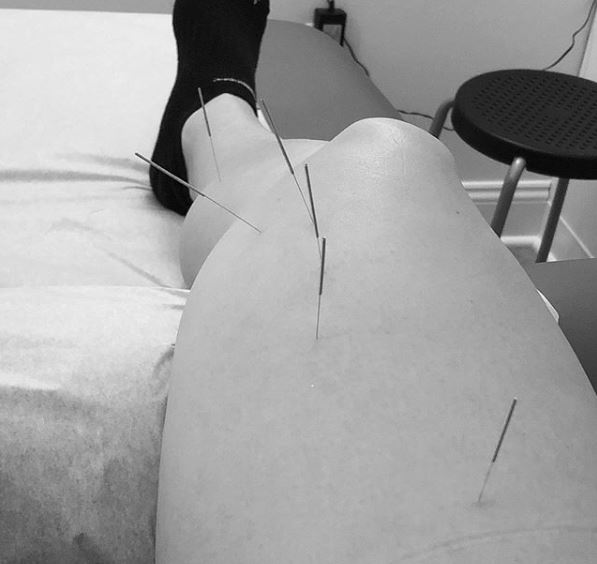
After your treatment, your acupuncturist may discuss what you can do to improve the effectiveness of your treatment. It is important to give your body time to heal; it is advisable to take it easy for at least one to two hours after your treatment, if possible. If you came in for pain, your acupuncturist may give you exercises or stretches to aid in your treatment. They may also suggest lifestyle or diet changes that will make your treatment even more long lasting and effective. Some acupuncturists save this conversation for the second or third visit, after you both can evaluate the results of treatment.
The most important thing you can do after your treatment is to pay attention to your body, symptoms, and what has changed and what hasn’t. Keep in mind it may take between five and ten treatments for you to see noticeable change. Sometimes, the first changes are subtle. For example, if you have back pain the first thing you might notice is that you are able to stand longer before the pain is bad enough that you have to sit down; or it may take shorter for the pain to diminish after you sit down to rest. Acupuncture, when done by a qualified acupuncturist is very safe and has minimal or no side effects. You may notice beneficial changes in sleep, mood, energy, appetite, or digestion; these are side benefits of acupuncture and your acupuncturist will be delighted to hear about them!
